Although Finland is quite efficient in processing cars for recycling, estimates suggest that up to 20-30% of end-of-life cars do not go through official channels for crushing and recycling along officially established routes at 20–30%.
Cars that are discarded outside official channels but remain on the Traficom Transport Register are called “ghost cars”.
These ghost cars end up either in fields, yards, are illegally sold abroad or on the grey market for scrap. The authorities are unable to monitor the recycling conditions, safety or environmental friendliness of these ghost cars.
Estimates suggest that up to 20-30% of end-of-life cars do not go through official channels.
The grey market in car recycling refers to cars that are discarded through informal routes. In practice, this means selling a car illegally for scrapping at home or abroad, using an informal dismantling facility or abandoning it in a yard or in the countryside.
A 2022 study commissioned by Sitra sought solutions to the problem of ghost cars. How could the recycling rate of cars be increased by digital means, by data sharing and use?
Digital platform for managing and filtering data
Every day our increasingly digital society generates a vast amount of data, and harnessing it requires companies to be proactive and invest resources. Data is a fast-growing commodity that needs to be made to flow between different parties according to a common set of rules. This also applies to car recycling in Finland.
The use of data will revolutionise societies in the future: shared data will help solve problems that previously seemed difficult, and more open sharing of data will improve business competitiveness.
“Data enables new innovations, more effective services and improved productivity. In Finland, the benefits of using data have already been studied. But in many ways making use of data is still in its infancy. What’s needed now are measures to get data moving and put to good use,” says Heikki Aura, Leading Specialist from Sitra’s Competitiveness through Data project.
One measure highlighted by the study is the development of a common digital platform. A working group of car recycling operators have already started to develop a platform they could use.
This would be a website acting as a platform to make it easier to share and use data. The platform would also allow for the efficient filtering of information, so that users would not have to search and sift through large amounts of data for useful information.
The shared platform to help recyclers get the most out of end-of-life vehicles
The study finds that data shared on a shared platform has the potential to increase the recycling rate of cars.
“Ghost cars are still a big problem because without data shared across a network they are hard to track down. Some enter the system undocumented and circulate through the grey market. Others end up rusting in backyards and forests, harming the environment. Using data would make tracking cars easier and promote the market-driven reuse of parts,” says Juha Kenraali, Managing Director for Finnish Car Recycling Ltd.
The digital platform would enable the registration of the serial number of each car and tracking them at every stage of the recycling process. This would ensure both that the car ends up in the official recycling network and that all phases of the recycling process are measured, which in turn would improve the efficiency of the recycling process.
Ghost cars are still a big problem because without data shared across a network they are hard to track down.
Juha Kenraali, Finnish Car Recycling Ltd
The platform would clarify the recycling process for car owners
The planned platform would also allow more accurate monitoring of the recycling process. Take a car at the end of its life cycle: ideally the car owner would take the car to an official recycling point or arranges for it to be picked up, so that it enters the recycling network of official operators for processing and does not end up outside the official system.
“A car contains a lot of recyclable material, such as steel, plastic, copper and aluminium. It is important to know how many kilos of, say, copper are found in each car and keep track of where these materials end up. For example, glass, which could be reused, all too often ends up in landfill. The digital platform would ensure that the materials are collected from the cars as well as possible and sent onwards to appropriate locations for re-use,” says Kenraali.
The popularity of electric cars will also change the way cars are recycled: in the future, electric car batteries that contain rare materials will become the main recyclable parts and materials. When batteries are no longer suitable for use in vehicles, they can still be used for many other purposes.
How to make driving more sustainable?
New ways of using data will provide insights into the life cycle stages of cars, allowing us to measure the use of materials in different stages. This information can be used to improve recycling. Making material cycles more effective will also reduce the burden on the environment, which is in everyone’s interest.
“Every car that does not end up recycled has to be replaced by new production, which in turn requires the use of new raw materials. Getting a car that is at the end of its life cycle to recycling quickly will speed up the switch to more sustainable forms of transport,” says Sitra’s Heikki Aura.
Data and circular economy measures should be thought of together, as they are mutually reinforcing. The use of data in car recycling is a good example of how currently complex problems can be solved in the future by sharing and analysing data. Data has abundant potential, but we need to invest in processing it.
A network that makes recycling clearer will benefit us all
Efficiency and improved competitiveness are important benefits especially for recycling companies, but the efficiency gained from the platform could also motivate car-owning consumers: car recycling will become clearer and more responsive when the right channel and approach are known.
“A digital platform that includes all parties of the sector will create a strong network that, if successful, would make recycling much more effective. This will benefit car owners, companies, society and the environment,” Heikki Aura concludes.
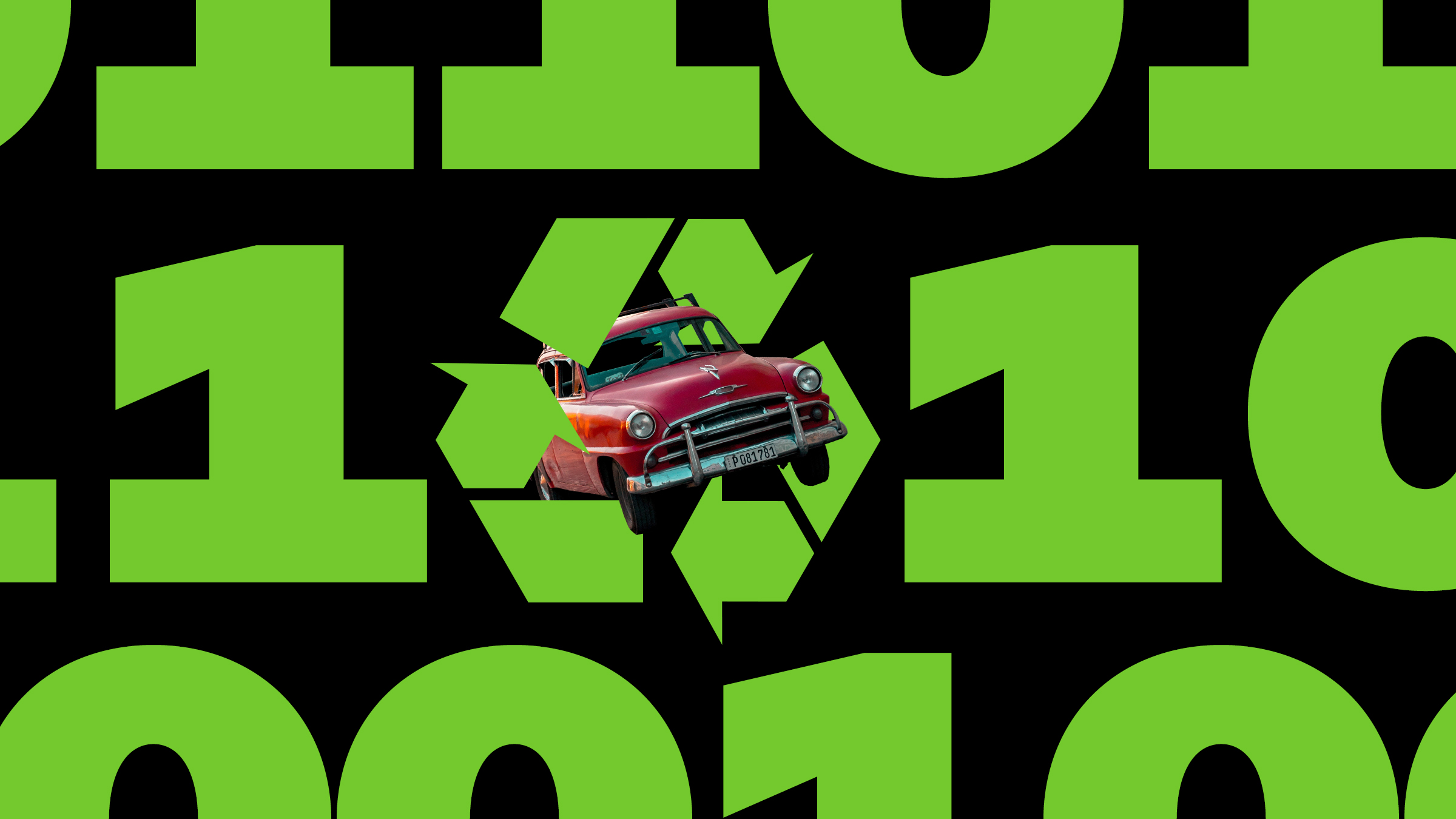






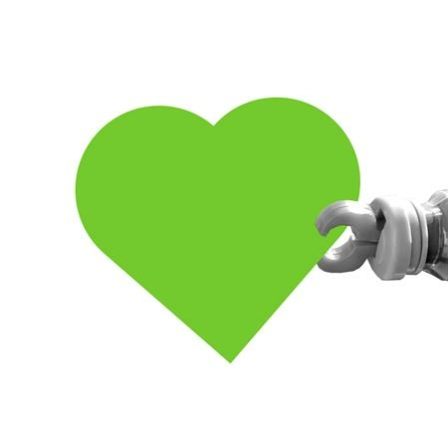
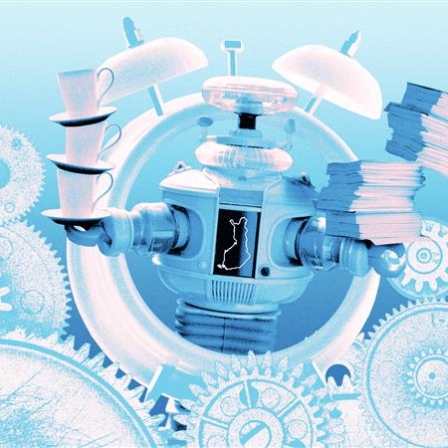

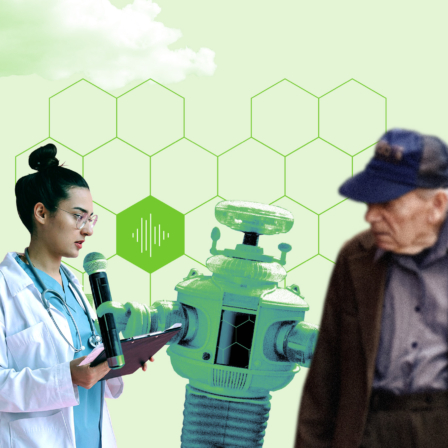




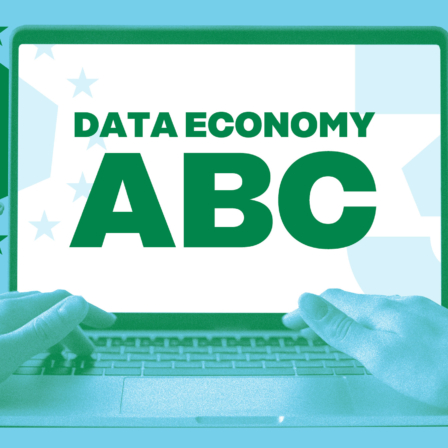
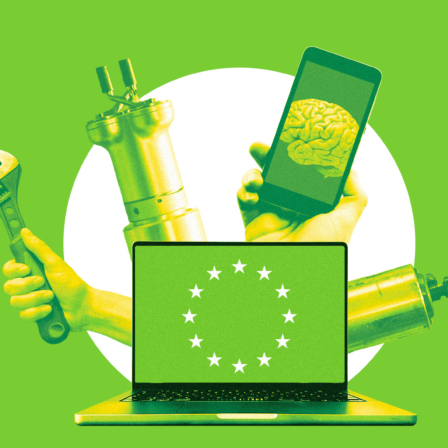
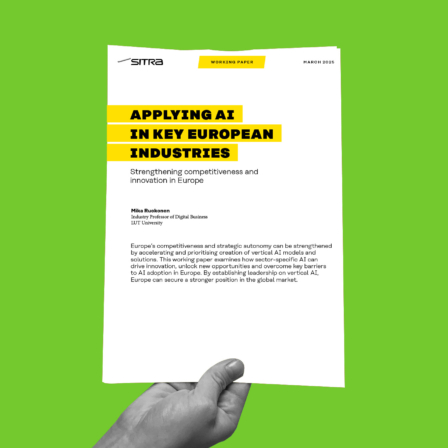
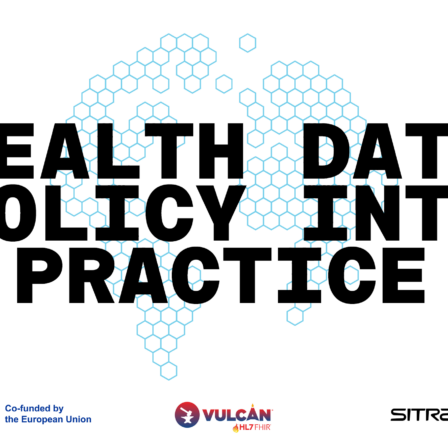

Recommended
Have some more.